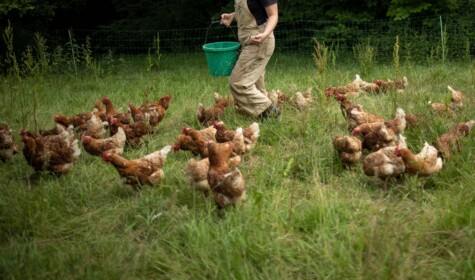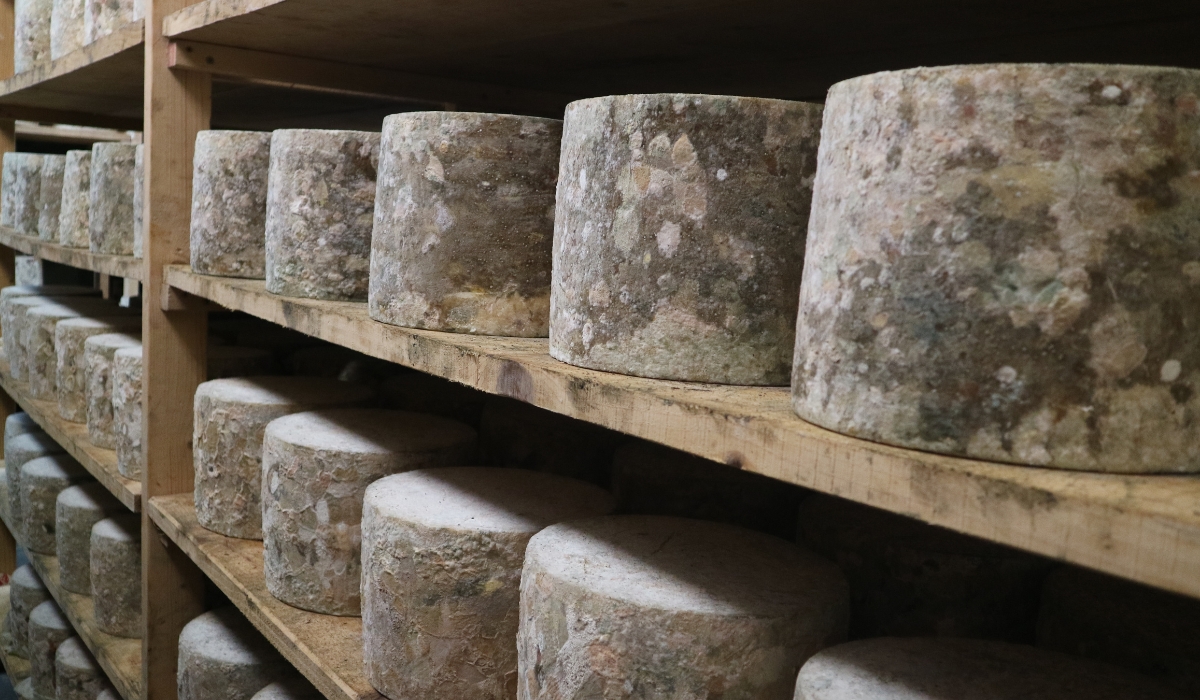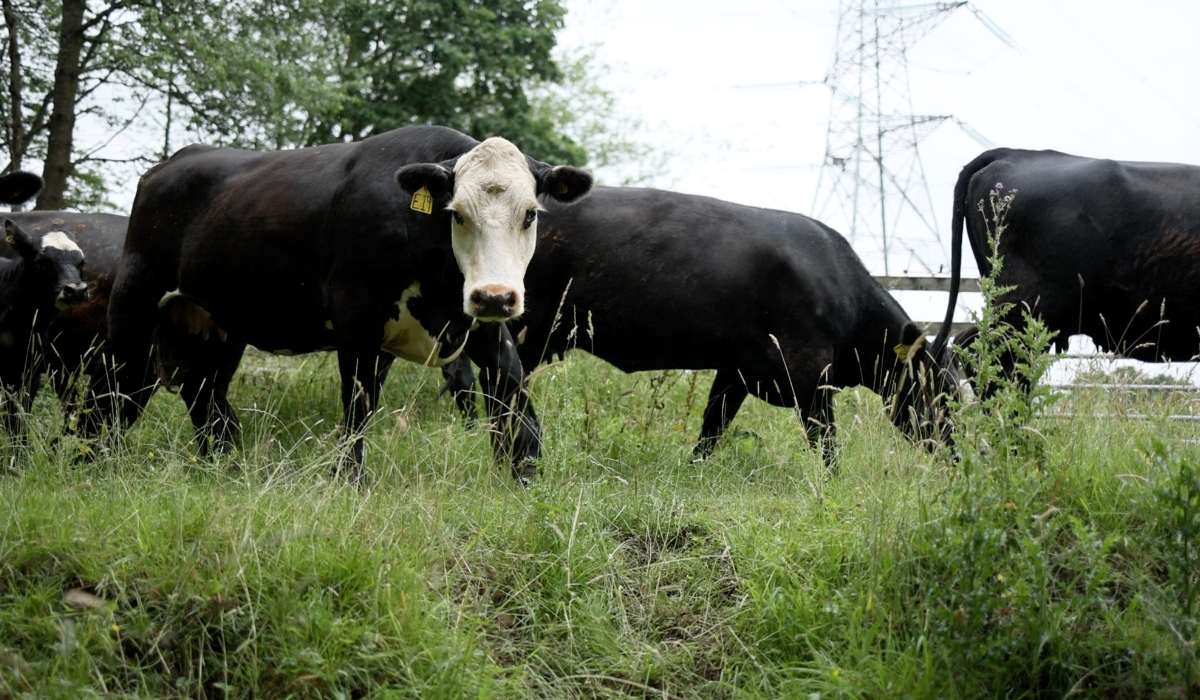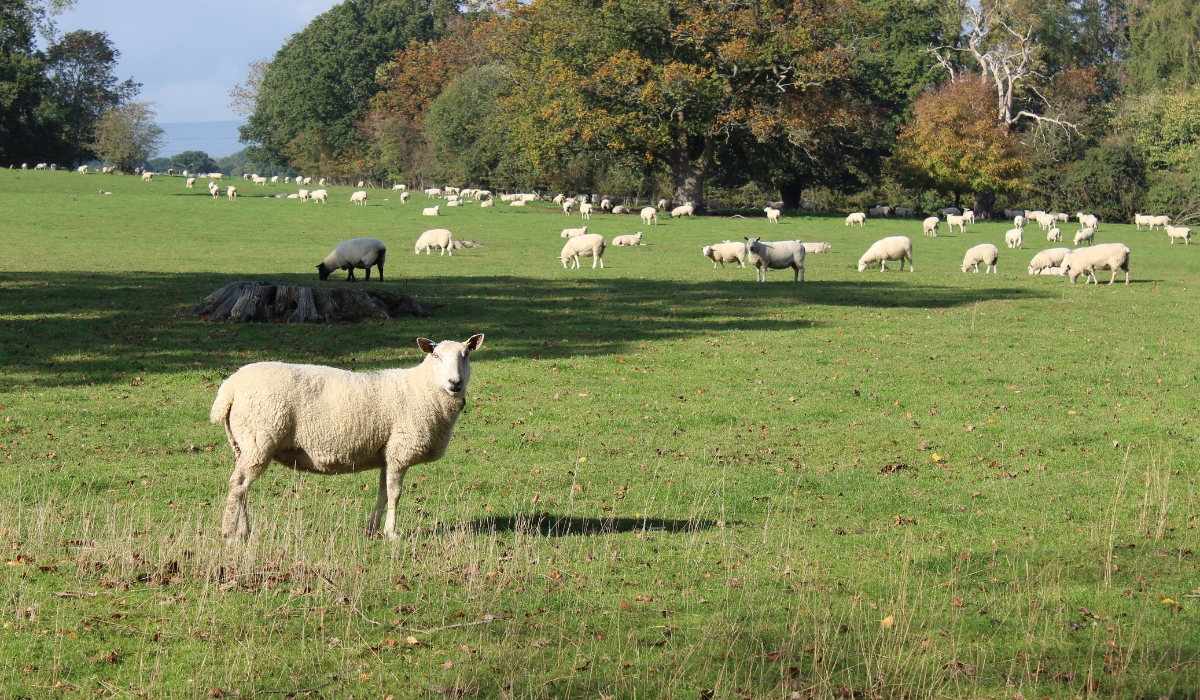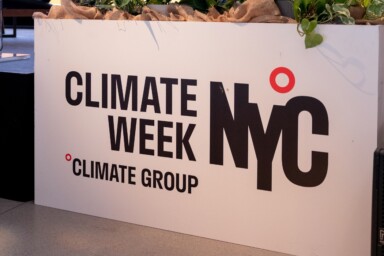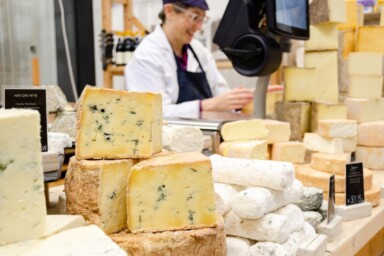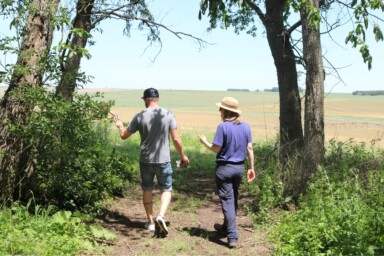Although we can hope that the post-Brexit UK farming support schemes are being designed to move in this direction, there is much more that can be done, specifically through leveraging public and private sector financing for the climate, environmental and social goods that farmers deliver alongside their produce.
The importance of harmonising measurement and pricing
Without reliably and accurately measuring these ‘public goods’, as described by then Defra secretary, Michael Gove, when he took office after Brexit, it is impossible to justify paying farmers for these benefits. That is why, in 2015, the Sustainable Food Trust established a ‘Farmers and Land Managers Working Group’ whose aim was to develop an internationally harmonised framework for measuring the sustainability impacts of farming systems of all shapes and sizes.
Long before that, I became convinced that the combination of the absence of the polluter pays principle (whereby those responsible for causing environmental harm are held financially accountable for these negative impacts) and the misdirection of subsidies were perpetuating intensive farming systems. As a direct consequence, farming practices which are essentially extractive, mining the natural and social capital that has accumulated over generations, have remained more profitable than the sustainable alternative for the whole of my farming lifetime.
In response, just after the establishment of the Sustainable Food Trust in 2011, we organised a succession of conferences in London and the United States: ‘The Future of Food’, ‘True Cost Accounting’ and the ‘The True Cost of American Food’. By this time, it became obvious that we needed to put an accurate price on the consequences of this global depletion of nature’s reserves, so we researched and published a report in 2017 entitled, The Hidden Cost of UK Food.
The headline conclusion of this report was that if you buy £1 worth of food in a UK supermarket, there will be another hidden pound, which doesn’t appear on the price tag. This ‘hidden pound’ is split equally between damage to natural capital and public health but, ultimately, it still ends up being paid by the public in the form of water bills, which include clean-up costs, or our taxes paying for ever escalating NHS treatment costs.
Since then, further research by the Sustainable Food Trust and others indicates that our conclusions actually underestimated these hidden costs. One can conclude from this that we live in a world of dishonest food pricing where the polluter doesn’t pay, and the subsidies are misdirected in such a way that our current farming and food systems have disastrous negative consequences on the health of our planet and its population.
Headwinds to the sustainable transition
You really can’t blame farmers for producing food this way. After all, they are just following the best business case. And, for as long as these so-called ‘externalities’ are not accurately attributed to those who cause harm or deliver benefits, the system will be locked into a potentially disastrous cycle of resource depletion, water pollution, greenhouse gas emissions and damage to public health.
